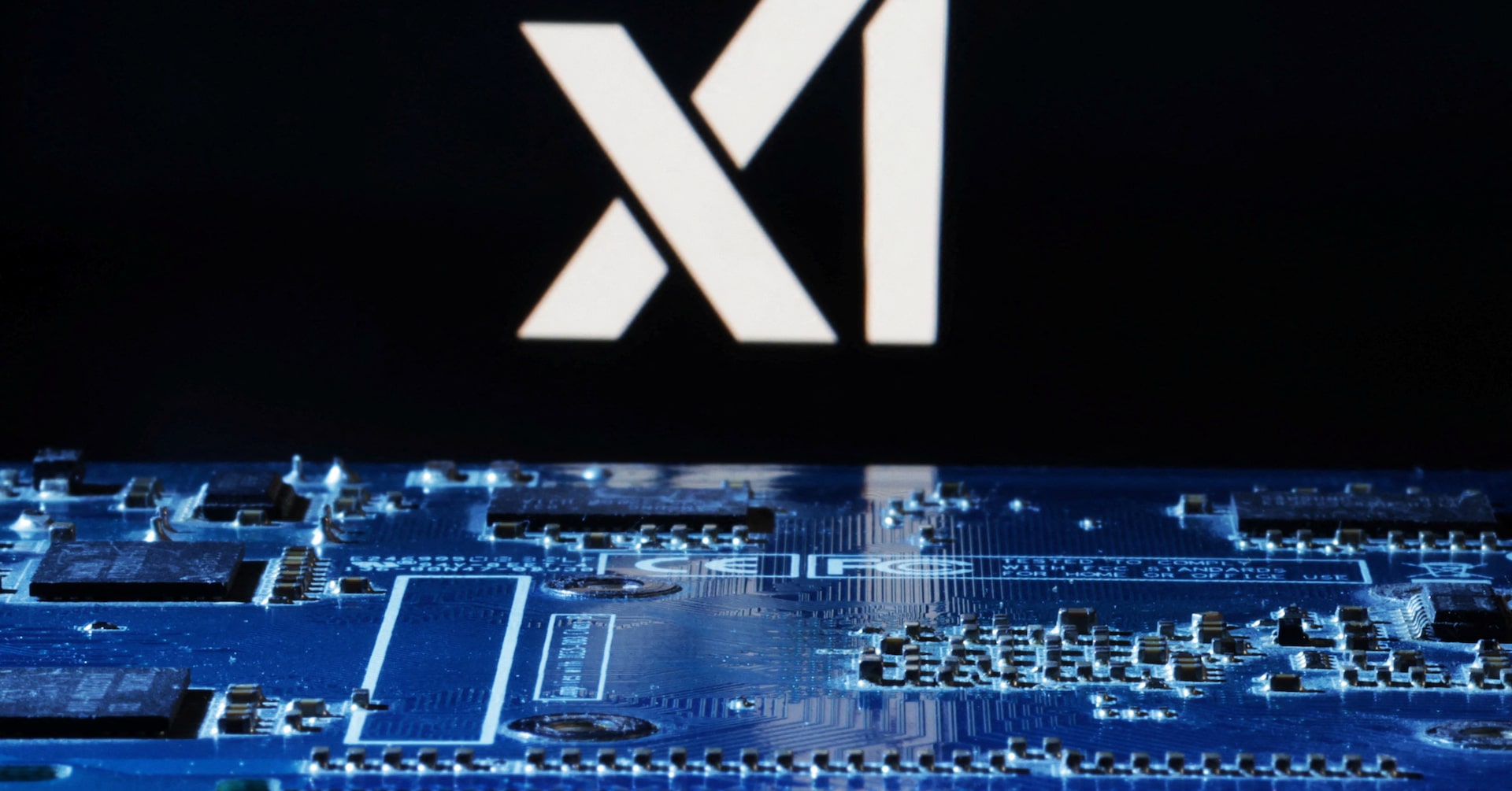AI Staffing Shakeup: Elon Musk's xAI Slashes Hundreds of Data Workers

In a significant workforce reduction, Elon Musk's artificial intelligence venture xAI has reportedly terminated approximately 500 employees from its critical data annotation team, according to a recent Business Insider report. The layoffs underscore the ongoing challenges and restructuring within the rapidly evolving AI technology landscape.
Data annotation teams play a crucial role in machine learning, meticulously labeling and categorizing data to help AI systems learn and improve their understanding and performance. The substantial cut in personnel suggests potential strategic shifts or cost-cutting measures within xAI's operational framework.
This development comes amid Musk's broader efforts to expand and refine his AI initiatives, including the recent launch of xAI and ongoing developments at his other technology ventures. The scale of the layoffs highlights the complex and dynamic nature of the artificial intelligence industry, where workforce adjustments can be swift and significant.
While the full implications of these job cuts remain to be seen, they represent another notable moment in the ongoing transformation of AI technology and workforce management in the tech sector.








